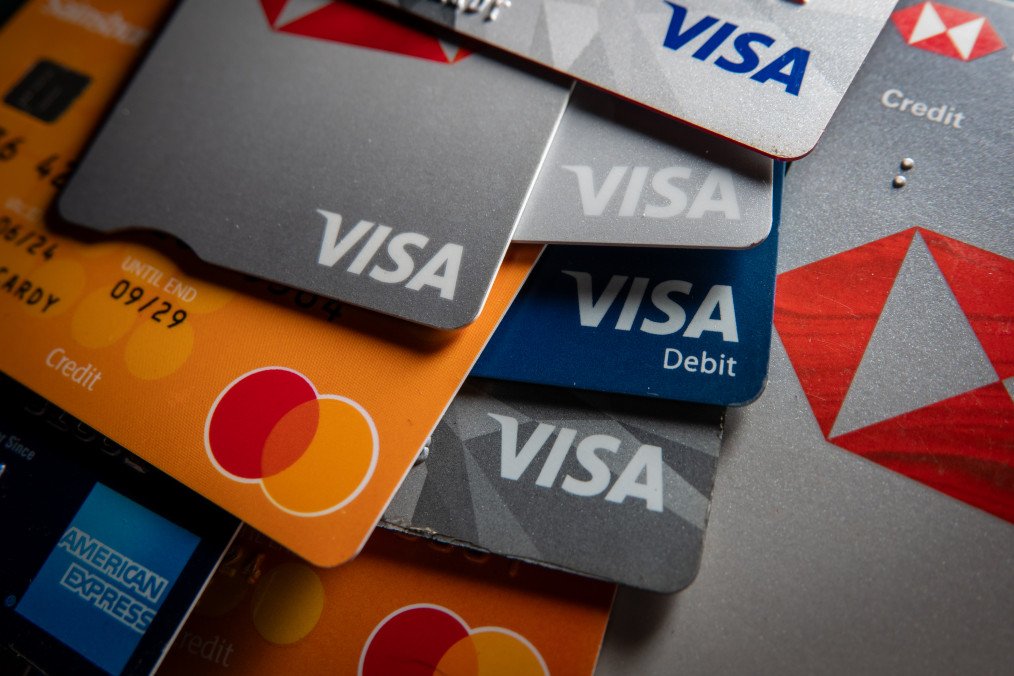- Category
- Latest news
Europe Eyes Independence From Visa and Mastercard With New Payment System

European Central Bank President Christine Lagarde has called for the creation of a European alternative to major payment platforms such as Visa, Mastercard, PayPal, and Alipay.
Her remarks, made during an interview on The Pat Kenny Show and reported by Business Today on April 5, highlight a growing push within the European Union to strengthen financial sovereignty and reduce reliance on non-European systems.
Lagarde noted that these platforms are controlled by American or Chinese companies, underscoring Europe’s dependence on foreign digital payment infrastructure. “We should make sure there is a European offering,” she said, describing the move as “a march towards independence.”
The initiative is closely tied to the EU’s longstanding efforts to establish a Capital Markets Union (CMU), aimed at creating a single capital market across member states. The CMU is designed to improve the flow of investments and savings across the bloc, provide businesses with better access to funding, and offer citizens more efficient savings mechanisms.
According to Lagarde, a fully unified capital market could pave the way for deeper fiscal integration and potentially generate up to €3 trillion in added annual value.
While this figure originated from a widely circulated Reddit post, more conservative estimates from the European Parliamentary Research Service suggest over €2.8 trillion in additional GDP by 2032, with at least €321 billion linked to completing the Economic and Monetary Union.
Despite the potential benefits, building a European payment infrastructure faces significant challenges:
Profitability concerns: Lower interchange fees in Europe reduce potential earnings, making it harder to build a viable business model.
High initial investment: Competing with established global platforms requires substantial upfront capital.
Adoption barriers: Changing consumer and merchant behavior, along with persuading banks to adopt a new system, may slow implementation.
Technical hurdles: Ensuring cross-border compatibility, fraud prevention, and data security presents complex technological demands.
Governance coordination: Effective oversight and execution will require alignment across EU institutions and member states.
Lagarde emphasized that progress on the CMU and the development of independent payment infrastructure are critical steps toward securing Europe’s financial autonomy and preparing the ground for broader economic integration.
Earlier, 16 major European banks and payment processors—including BNP Paribas, Deutsche Bank, and Worldline—launched Wero, a new payment system designed to reduce the region’s reliance on Visa and Mastercard.
Supported by the European Payments Initiative, Wero aims to offer a pan-European alternative by enabling account-to-account payments, with plans to expand into retail and e-commerce across the continent in 2025.
-c6522ae9e5320af1cc92504c0aaa1b34.png)


-111f0e5095e02c02446ffed57bfb0ab1.jpeg)


